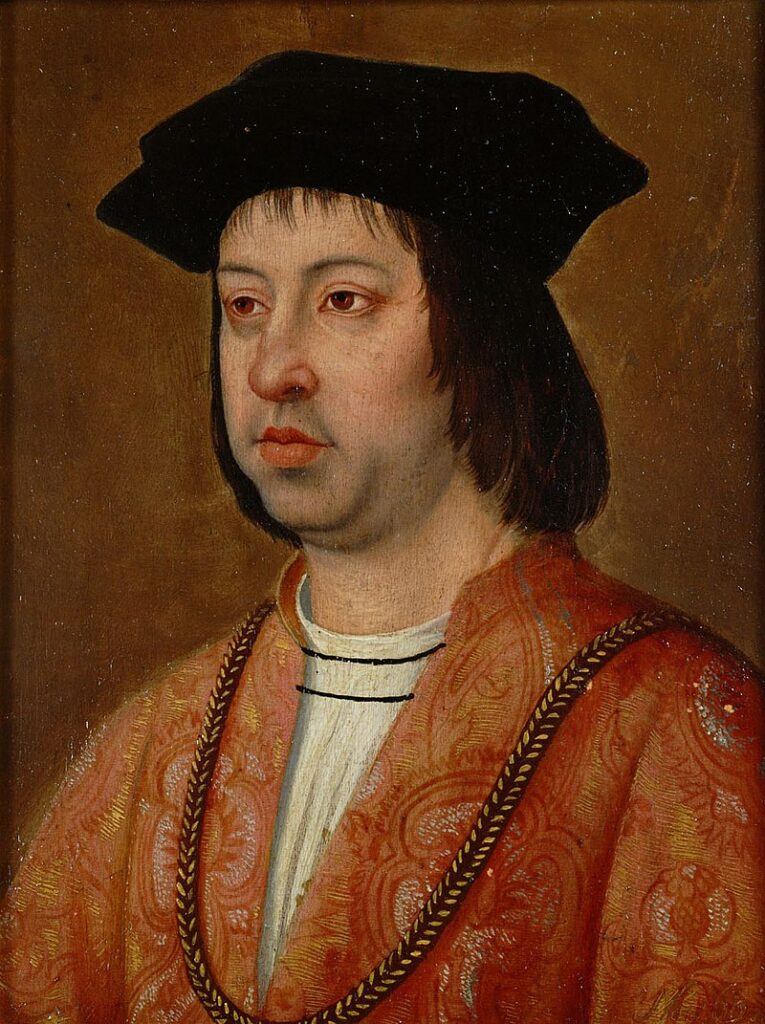
Ferdinand V & II
10 March 1452 – 23 January 1516
02
Ferdinand V & II: The Reign of a Visionary King
Ferdinand V & II, also known as Ferdinand the Catholic, was a prominent monarch who played a pivotal role in shaping the history of Spain. Born on March 10, 1452, Ferdinand’s reign witnessed significant political and cultural developments that left a lasting impact on the nation.
Uniting Spain and the Marriage of Power
Ferdinand’s most notable achievement was his marriage to Isabella I of Castile, which united the kingdoms of Aragon and Castile, forming the basis of modern-day Spain. This union brought stability and consolidation to the realms, allowing Ferdinand and Isabella to pursue their shared ambitions.
The Conquest of Granada and the Inquisition
Under Ferdinand’s leadership, the Spanish forces completed the Reconquista by capturing the last Muslim stronghold of Granada in 1492. This victory symbolized the end of Islamic rule in the Iberian Peninsula, marking a turning point in Spanish history.
Additionally, Ferdinand and Isabella established the Spanish Inquisition, aimed at ensuring religious purity and unity. While controversial, the Inquisition became a powerful tool for consolidating royal authority and suppressing dissent.
Exploration and the New World
Building on the foundation laid by Isabella, Ferdinand supported and financed Christopher Columbus’ historic voyage to the New World. This bold endeavor opened up new horizons for Spain and sparked a wave of exploration, colonization, and trade that would shape the course of history.
Legacy and Impact
Ferdinand’s reign marked a period of significant expansion and influence for Spain. His unwavering determination, military prowess, and patronage of exploration transformed the nation into a major global power. The discoveries made during his reign laid the groundwork for Spain’s vast colonial empire in the Americas.
Furthermore, Ferdinand’s policies fostered cultural growth, with the arts, literature, and education flourishing during the Renaissance. His support for notable figures such as Christopher Columbus and other explorers propelled Spain to the forefront of the Age of Discovery.
In conclusion, Ferdinand V & II’s reign as king of Spain was characterized by political consolidation, exploration, and cultural advancement. His partnership with Isabella, the conquest of Granada, and the sponsorship of voyages to the New World solidified Spain’s position as a global power. Ferdinand’s legacy continues to be remembered as a visionary leader whose impact on Spanish history remains significant.
